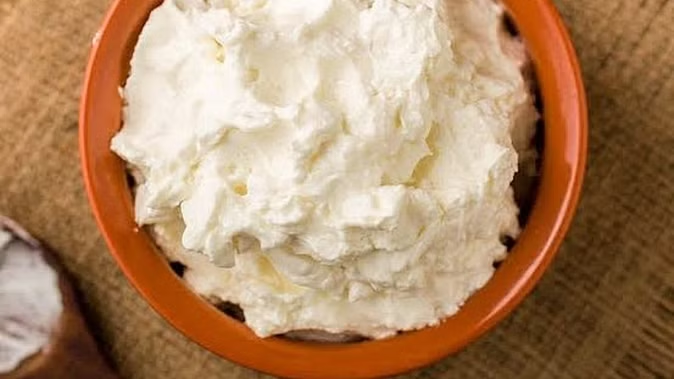
Vitamin B-12 is primarily found in animal-based foods, and vegetables and fruits are not significant sources of this vitamin. For individuals with a weak body or those at risk of vitamin B-12 deficiency, it's crucial to focus on consuming foods that are rich in this vitamin.
Vegetarians and vegans, who do not consume animal products, might be at a higher risk of vitamin B-12 deficiency and need to consider alternative sources to maintain their health.
Some food sources rich in vitamin B-12 include:
-
Meat and Poultry: Beef, chicken, turkey, and other meats are excellent sources of vitamin B-12.
-
Fish: Fish like salmon, trout, tuna, and sardines are rich in vitamin B-12.
-
Dairy Products: Milk, yogurt, and cheese are good sources of vitamin B-12 for lacto-vegetarians.
-
Eggs: Eggs are a source of vitamin B-12 for ovo-vegetarians.
-
Fortified Foods: Some plant-based foods, like breakfast cereals, soy products, and plant-based milk alternatives, are fortified with vitamin B-12. Check product labels for details.
For individuals who follow a strict vegan diet and cannot obtain vitamin B-12 from natural food sources, vitamin B-12 supplements are recommended to prevent deficiency.
Vitamin B-12 is essential for the formation of red blood cells, neurological function, and overall energy metabolism. A deficiency in this vitamin can lead to fatigue, weakness, anemia, and other health issues.
While vegetables and fruits are rich in other essential vitamins, minerals, and antioxidants, they do not contain significant amounts of vitamin B-12. To ensure optimal health, it's essential to have a balanced diet that includes a variety of nutrient-dense foods and, if needed, to consult a healthcare professional or a registered dietitian for personalized dietary advice and supplementation recommendations.
(pc freepik)










